A Declaration Of War
Recent spike in vaping serves as last straw for Triton’s Administration.
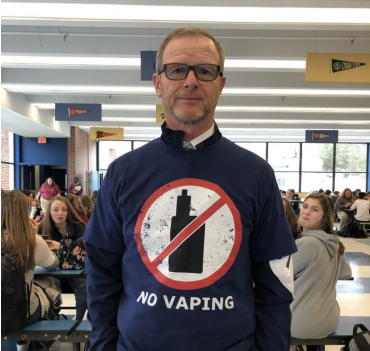
Assistant Principal Scott Brennan has led the way in the administration’s efforts to stop vaping.
Click this link to hear a podcast of this story
Over the past four years -for many Triton students- vaping has evolved from a fad into a lifestyle; introducing a new generation to the perils of addiction. E-cigarettes, however, predate Triton’s vaping outbreak by many years. They were originally offered as a ‘healthy’ alternative to cigarettes and acted as a method to help smokers wind themselves off of nicotine. The message that e-cigs were ‘cleaner smoking’ found its way into the minds of young people throughout the country. Little by little, e-cigarettes, or as they are otherwise known ‘vapes’, entered high schools across America, and Triton was no different. As the vaping community evolved to encompass many high schoolers, vapes evolved with it, and many new flavors popped up such as vanilla creme or fruit salad, in place of the traditional tobacco or menthol.
Vaping, it appears, was not the temporary fad most believed it to be, as the vaping population has continued to grow. Many Americans have now labeled it an official epidemic, including none other than Triton’s own assistant principal, Mr. Scott Brennan.
Click the image above to hear a podcast of this story.
Brennan has launched a war on vaping among the students of Triton. Posters and signs now cover the halls and bathrooms with sayings like, ‘It’s easier to wipe your butt than wipe your lungs’ and ‘Strangely enough, some kids come in here to put crap in their bodies’.
According to the Department of Public Health, over 40 percent of all high schoolers vape, and as much as 10 percent of all middle schoolers. We sat down with Brennan, as well as his trusted lieutenant, School Adjustment Counselor, Mr. Joe Celia, to discuss the new findings and the war as a whole.
“I’m not talking 30 percent or 40 percent, I’m more talking 75 to 80 percent have at least tried it. More Freshman than anyone,” says Brennan.
“So if we really think 75 percent of the student body have tried it, that is really significant,” said Celia. “We are also hearing that kids in Middle School are trying it. So to give you some context, my daughter is in eighth grade over at Amesbury Public Schools, and she comes and tells me, ‘Dad, everyone is doing this.’ And that’s in middle school.”
“I see kids who I know would never touch a cigarette, vaping,” said Brennan, “And that scares me.”
For an in depth look at the specific health risks of vaping, we sat down with School Nurse Mrs. Nadine Marcheterre.
“The full knowledge about the health risks are yet unknown because it’s just so new. We really don’t know what’s gonna happen ten, twenty years down the line. We do know that there are many potential carcinogens (cancer causing substances) in the vape liquids, such as acrolein.”
“What we also know is that the lungs are not made for fluids to go into. They’re not made for things to be inhaled other than specific medications. So anything you put into the tender tissues of the lungs are going to irritate them.”
“Once they have teenagers addicted they have them as a customer for life,” she says. “When a teenager gets addicted at such a young age it is highly unlikely that they will be able to quit. Less than 4 percent of teenagers who start will stop before they turn 21.”
We sat down with a Triton student, who has asked to remain anonymous, to discuss the issue with someone close to the source.
“I’ve been vaping since seventh grade,” says the student. “I think since then I’ve become an addict. There were points where I told myself ‘I’m not addicted to this. I could stop anytime I want.’ But I’ve come to the conclusion that I can’t even go a day without it. With sports and stuff, my breaths have dimmed down to nothing and it feels bad to breath, like it really hurts.”
“Yes I really do,” said the student when asked if they wanted to quit. “I’ve been trying to for the past few months, and I think with help I could. Not rehab or anything, just the people around me saying no when I ask for a rip.”
We ended our interview by asking the student if they could go back and stop themselves from taking their first rip, would they? The student responded, saying, “Of course I would. I’d take healthy, clean lungs over this any day of the week”
Despite all the debate, one thing has become clear, vaping is not going to simply disappear in a cloud of smoke as many have hoped. Though war may not be the final solution, it is definitely a step in the right direction in the fight to make vaping a distant memory.

My name is Alex Michals, a senior at Triton High School who's interested at reporting the struggles of the Triton community. When I'm not in school and...
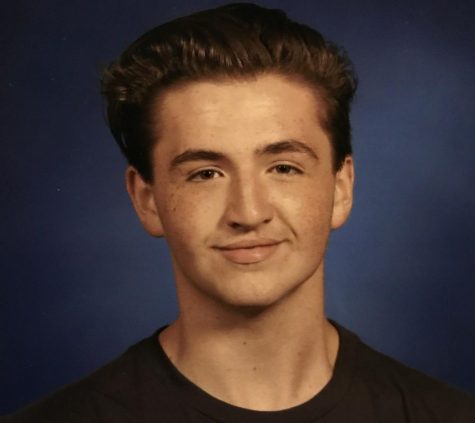
Andrew Valianti is a junior at Triton High School who relishes the opportunity to inform the student body about the goings on of the world around them....





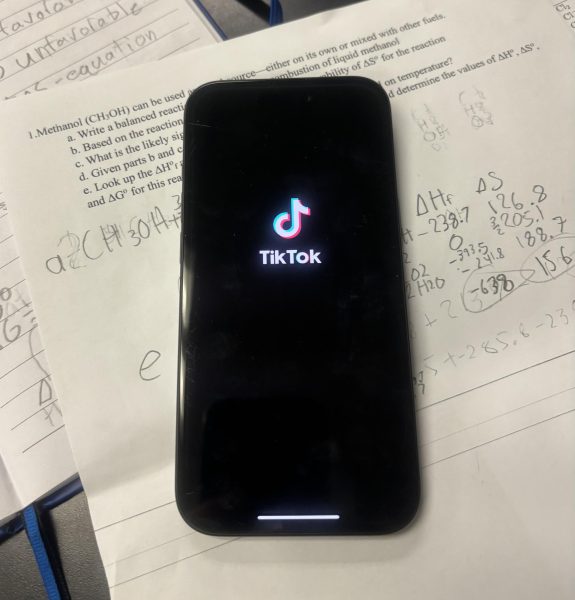




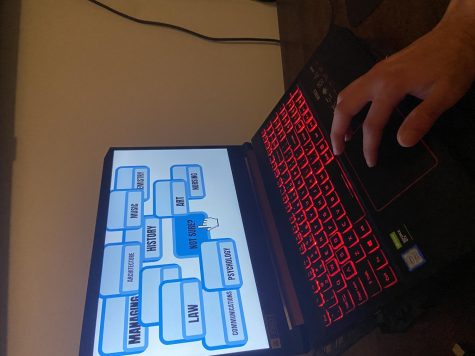


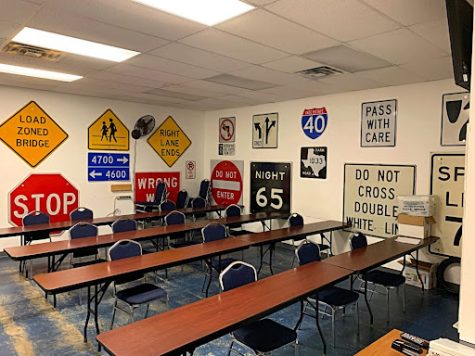
amy roberts • Feb 13, 2019 at 9:07 am
Alexander and Andrew, this is an amazing article. As a mom in a neighboring town, I really respect you tackling this health crisis. Clearly, education and addiction support are crucial, and you are leading the way in reporting the truth. Keep up the great work—-